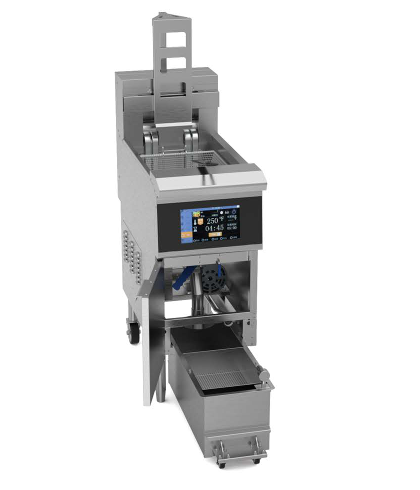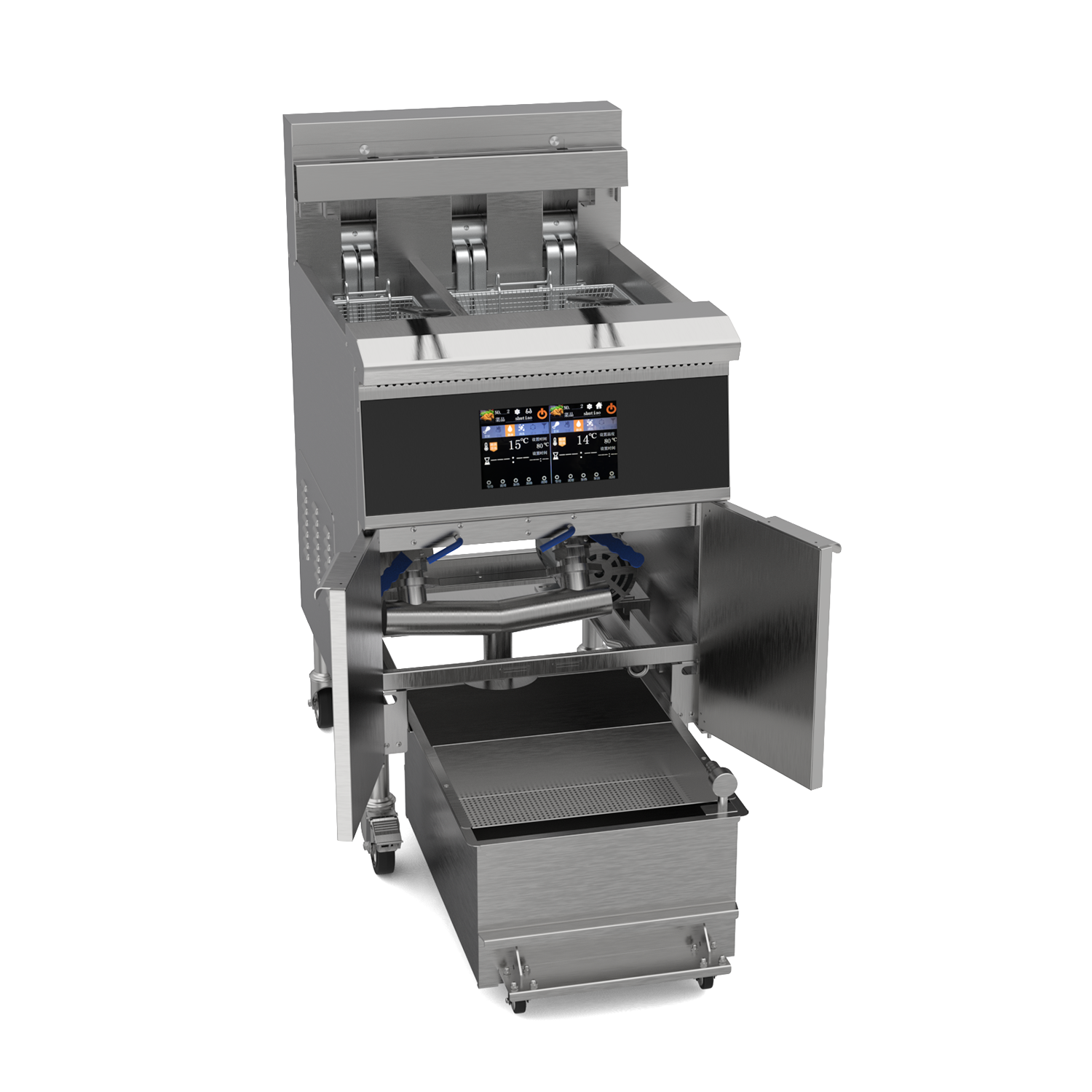In every commercial kitchen, oil is a valuable resource—and a significant cost. Whether you're using a pressure fryer or an open fryer, inefficient oil management can quickly eat into your profits. At Minewe, we believe that controlling oil use is not just about saving money—it's about running a cleaner, smarter kitchen.
Here are five practical ways to reduce oil costs and waste while maintaining top-tier frying results with your kitchen equipment.
1. Choose the Right Fryer with Built-In Oil Management
The first step to reducing oil costs starts with your equipment. Modern open fryers like those offered by Minewe are designed with integrated oil filtration systems that help extend oil life by removing food particles and impurities after every batch.
Our fryers also feature accurate temperature controls that prevent overheating—another major cause of oil degradation.
Look for fryers with quick oil drainage, easy-access filters, and consistent heat recovery to get the most out of every drop.
Tip: A well-designed fryer can save up to 30% in oil consumption annually.
2. Filter Oil Daily – Or Even More Often
Oil filtration is your best friend when it comes to controlling costs. By removing food particles and carbon buildup, you can extend the life of your oil and maintain consistent food flavor.
Best practices:
-
Filter at least once per day, ideally after each service.
-
Use built-in filtration systems when available.
-
Never skip filtration on busy days—it’s when it matters most.
Minewe fryers are equipped with optional built-in filtration systems to make this process fast, safe, and effective.
3. Control Frying Temperature Precisely
Every oil has a smoke point. If your open fryer is consistently running hotter than necessary, it causes the oil to break down faster—leading to more frequent oil changes.
Stick to recommended temperatures for each food type:
-
French fries: 170–180°C
-
Chicken: 165–175°C
-
Seafood: 160–175°C
Overheating doesn’t make food cook faster—it just wastes oil and increases the risk of burnt flavors.
Tip: Even a 10°C difference can shorten oil life by 25%.
4. Avoid Moisture and Cross-Contamination
Water and oil don’t mix. Moisture from wet food or improperly cleaned baskets can cause oil to foam, degrade, or even spill—creating safety hazards and waste.
To avoid this:
-
Always pat food dry before frying
-
Clean baskets and tanks thoroughly, then let them dry completely
-
Store oil in a sealed, dry place when not in use
5. Train Your Staff on Fryer Best Practices
Even the best kitchen equipment won’t save oil unless the team using it is well-trained. Create clear procedures for:
-
Filtering and changing oil
-
Setting proper temperatures
-
Cleaning equipment safely
-
Monitoring oil color and smell
Providing quick visual guides or short videos can make a big difference in daily operations.
At Minewe, We Build Efficiency Into Every Fryer
From fryer design to after-sales support, Minewe helps foodservice professionals cut waste and improve performance. Our kitchen equipment is built for real-world efficiency—with safety, durability, and cost-saving features in every model.
Whether you're running a small takeaway or a high-volume kitchen, our range of open fryers and pressure fryers can help you serve better food while saving money on oil.
Learn more at www.minewe.com or contact our sales team for a product recommendation.
Stay tuned for next week’s update: “Countertop vs. Floor Fryers – Which Is Better for Your Kitchen?”


Post time: Jul-17-2025
